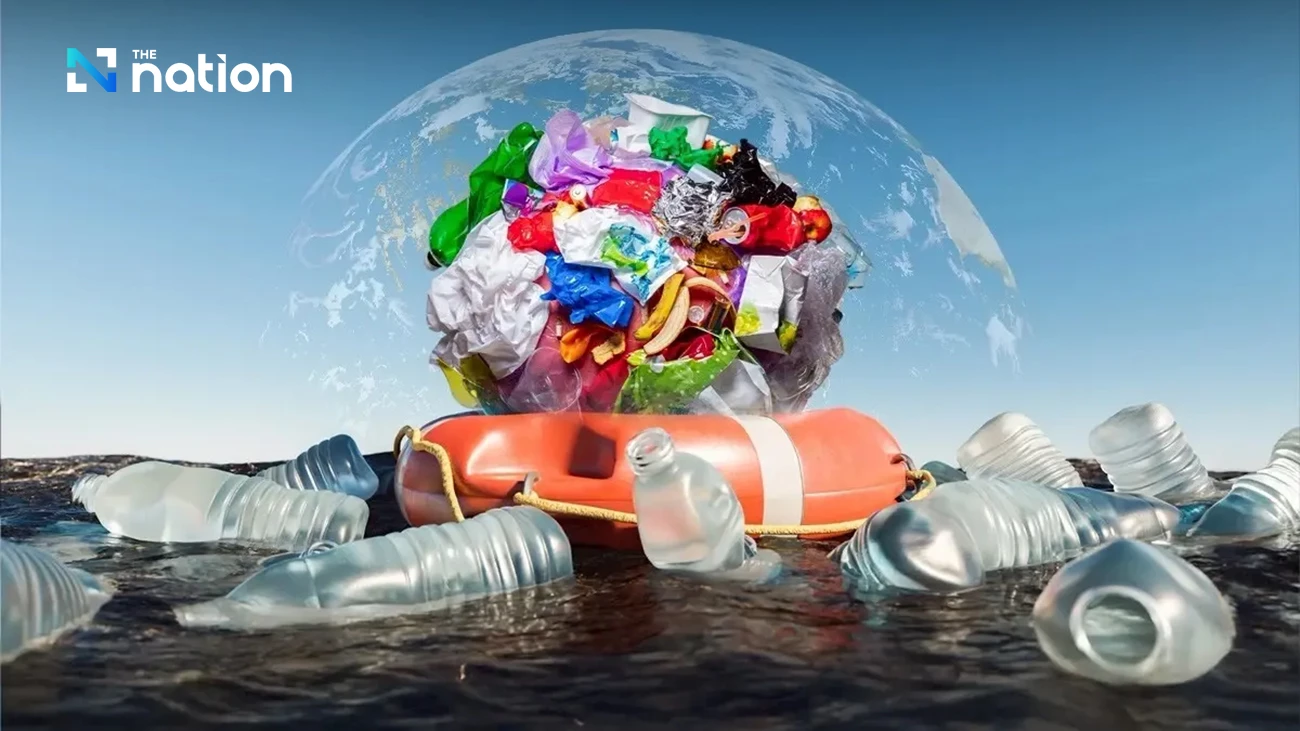When no agreement could be reached, the committee chair struck the gavel to adjourn the session, announcing that negotiations would be postponed and resumed at a later date.
David Azoulay, Director of the Health Programme and head of delegation at the Centre for International Environmental Law (CIEL), described the outcome of the Geneva negotiations as a “complete failure.”
“In the final hours of the talks, it became clear what many of us had long suspected: some countries did not come here to finalise a text. They came here to do the opposite, to block any effort to advance a legally binding treaty,” Azoulay said in a statement.
He added that there was “no way to convince those trying to defend their vested interests to align with the majority who seek a functional treaty that could strengthen long-term global action.”
Petrochemical and plastics producers, including India, Saudi Arabia, Iran, Kuwait and Vietnam, were among the countries opposing key provisions. They argued that consensus, requiring unanimous approval, was necessary to ensure an effective treaty. But as this proved increasingly difficult, other nations began calling for the process to shift towards majority voting if required.
CIEL also flagged the heavy influence of industry at the talks, revealing that 234 lobbyists from the oil, petrochemical and plastics sectors registered to attend. This number was larger than the combined delegations of all 27 EU member states, and far greater than the participation of scientists or Indigenous representatives.
Investigations also revealed that 19 lobbyists were embedded within national delegations, including those of Egypt, Kazakhstan, China, Iran, Chile, and the Dominican Republic.
“We have decades of evidence showing the fossil fuel and chemical industries’ playbook: deny, distract, and obstruct,” said Ximena Banegas, Global Plastics and Petrochemicals Campaigner at CIEL. “Fossil fuel companies are at the heart of plastic production; over 99% of plastics are derived from fossil fuel-based chemicals. After decades of obstruction in climate negotiations, why would anyone believe they are showing up in good faith to negotiate a plastics treaty?”
Graham Forbes, head of Greenpeace’s Geneva delegation, called on countries to switch from consensus to majority voting: “We are going in circles. We cannot keep doing the same thing and expect different results.”
This echoed the warning from CIEL’s Azoulay, who stressed that continuing negotiations without procedural reform would only end in repeated failure. “We need a fresh start, not more of the same. Countries that want a treaty should move forward and establish a voluntary agreement, with voting options that prevent the authoritarian veto of consensus we have witnessed,” he said.
